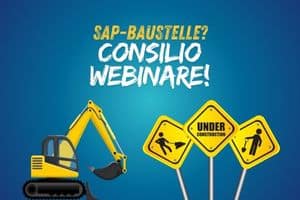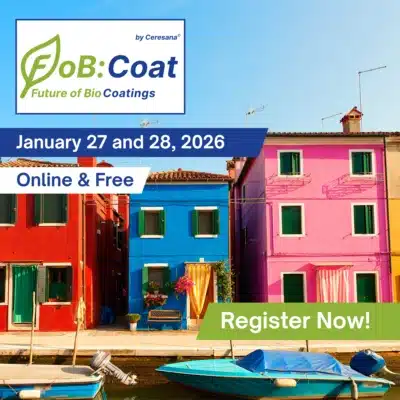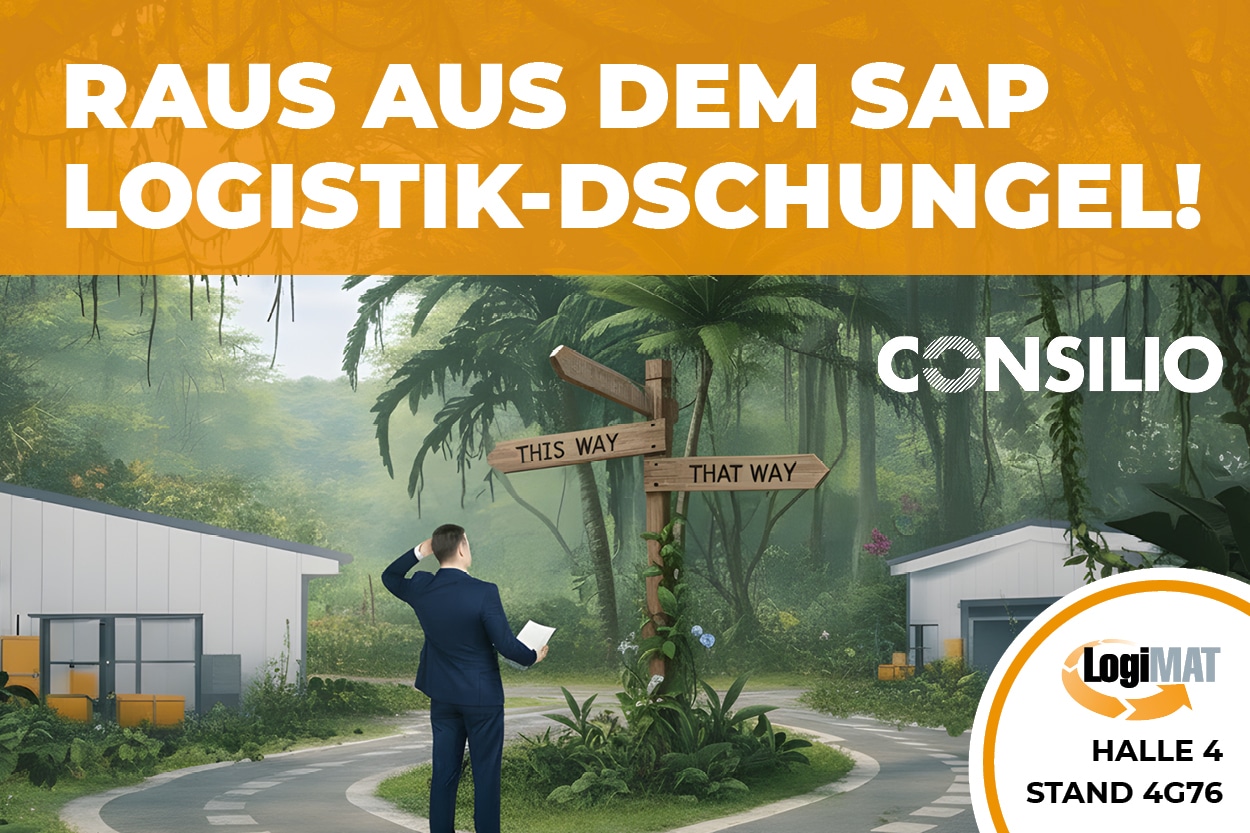Sustainability and resource protection are among the central social and economic tasks of our time. The automotive industry – a key factor in our economic strength – is facing major challenges, particularly due to the ramp-up of electromobility and thus also battery technology. Within a very short time, it is now necessary to create the conditions for sustainable battery production, energy-efficient manufacturing techniques, and the reduction of greenhouse gases and other harmful environmental impacts. A robust infrastructure is essential for the collection, transport and, above all, recycling of batteries. But it is also necessary in other areas to bring products – such as discarded vehicle tyres – back into the material cycle.
To maintain the competitiveness of our domestic producers, we now need new policy and regulatory framework conditions as well as product and safety standards with international validity. The state government is doing everything it can to make Saarland a highly qualified technology supplier for the future of the automotive sector. That is why we have created the framework conditions for the rapid entry into the circular economy. Our aim is to generate growth opportunities from transformation pressure.
An essential building block on the way to the Circular Economy is the Saarland Transformation Network (TraSaar), which the state government launched together with the project partner autoregion e.V.. In TraSaar, the Ministry of Economic Affairs cooperates with companies, chambers, research institutions and trade unions to launch holistic solutions and concepts for the sector. Autoregion e.V. is taking on the sub-project “Battery Production & Recycling” and is thus helping to establish a regional battery cycle. Qualification and further training of skilled workers are just as important as the bundling of already existing competences of our regional industry.
As a diverse location, the Saarland has all the prerequisites for a successful recycling economy. Traditional industrial branches meet innovative know-how from cutting-edge research, and since the distances are known to be short, cooperation is particularly easy. We already have a number of successes, for example in the recycling of used tyres and in the steel industry. This encourages us in our plan to develop further solutions in order to exploit the potential that lies in the circular economy. Saarland will continue to be an important part of the global automotive industry in the future.
By State Secretary Elena Yorgova-Ramanauskas






